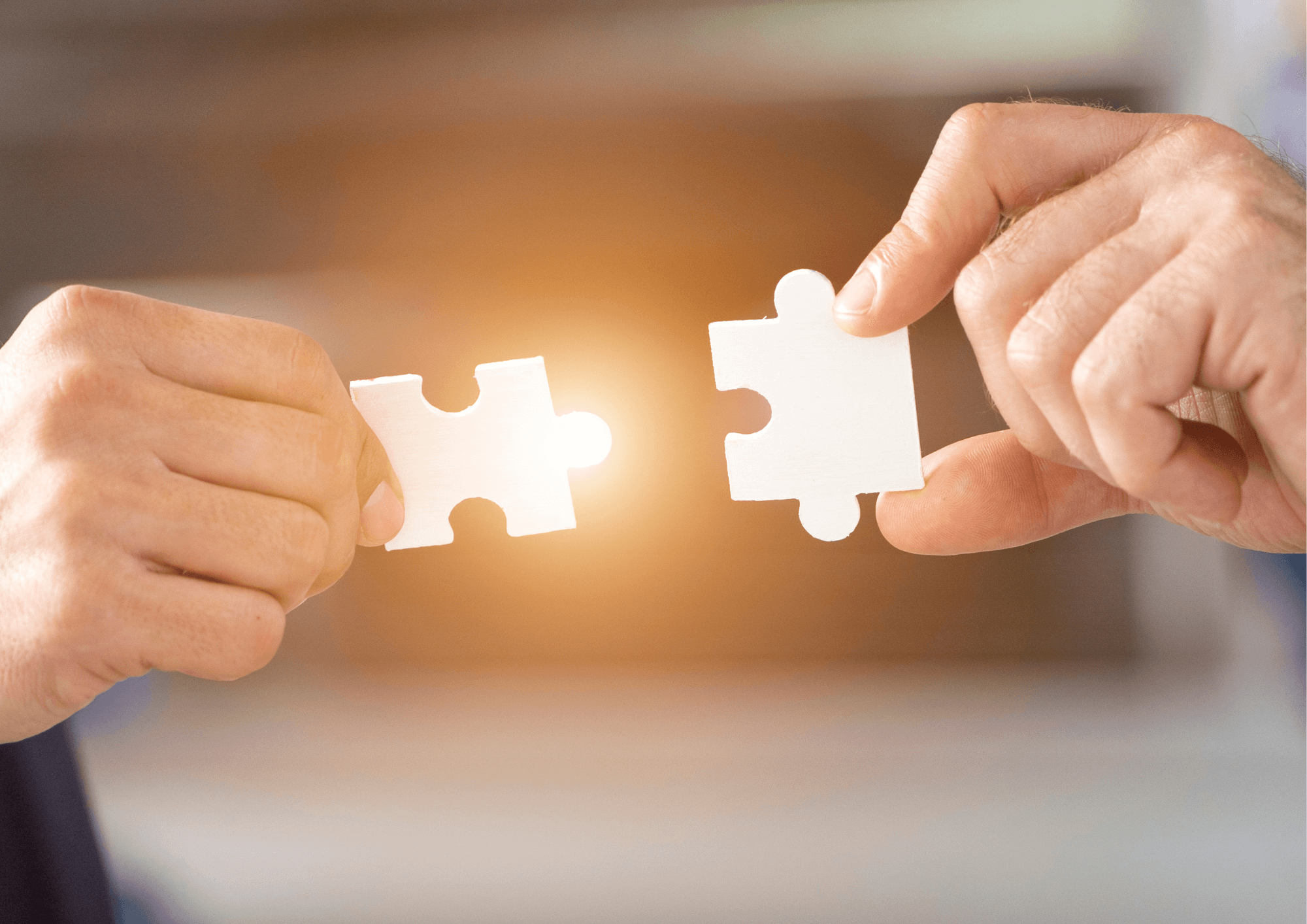
Alcohol is one of the most socially accepted substances worldwide, yet it’s also one of the most addictive. What’s important to understand is that alcohol isn’t just addictive for certain people, it’s addictive to all humans because of how it interacts with the brain.
There are several reasons why alcohol is addictive, including its impact on dopamine, endorphin release, and habit formation. Here, we'll focus on how alcohol hijacks the brain’s dopamine system, one of the most powerful drivers of addiction.
Understanding Alcohol’s Effect on the Brain
Alcohol triggers the release of dopamine, a chemical linked to pleasure, motivation, and reward. Whether you’re celebrating, relaxing, or socialising, alcohol gives you a temporary pleasure boost through this dopamine release. The problem? Alcohol artificially boosts dopamine, creating an exaggerated sense of pleasure and relaxation. It offers a quick fix but doesn’t address the real reasons you might feel stressed, anxious, or low.
The Dopamine Trap
The brain’s reward system encourages us to repeat behaviours that help us survive, like eating, socialising, and achieving goals. Alcohol triggers a surge of dopamine, causing the brain to associate drinking with pleasure, even though it’s artificial and temporary. Over time, the brain becomes less responsive to alcohol’s dopamine effects, this is called tolerance. To feel the same pleasure, you need to drink more. As alcohol is a depressant, it slows down your nervous system. The brain then tries to balance itself by becoming more alert when alcohol wears off, often resulting in anxiety, irritability, or low mood, known as the rebound effect. This process isn’t about willpower or weakness. It’s how alcohol interacts with the brain’s dopamine system, making it addictive for everyone.
The Cycle of Addiction
Repeated drinking creates habit loops. Your brain learns to expect alcohol in certain situations; stress, boredom, social events. Drinking often becomes an automatic response to these triggers, which is why cravings feel so strong. Worse still, alcohol causes discomfort as it leaves the body so many people drink again simply to avoid these negative feelings, reinforcing the cycle of addiction.
Alcohol’s Universal Addictive Nature
This process applies to everyone’s brain. Alcohol’s addictive power comes from how it affects dopamine and other brain chemicals. It’s a rollercoaster where your brain tries to find balance but ends up craving more alcohol.
Breaking the Cycle
Understanding that alcohol addiction is rooted in biology can be empowering. It’s not about willpower or moral failing, it’s about how alcohol manipulates your brain’s reward system.
By developing awareness and shifting your mindset, you can break the cycle. My coaching approach helps you understand these subconscious patterns and make lasting changes without relying on willpower alone.
Want to learn more about how you can free yourself from alcohol’s hold and feel happier, healthier, and more in control? Book a Complimentary Coaching Session with me to find out how I can help you find freedom.
References:
- Grace, A. (2015). This Naked Mind: Control Alcohol, Find Freedom, Discover Happiness & Change Your Life. Avery.
- Porter, W. (2015). Alcohol Explained. Amazon.
- Nutt, D. (2020). Drink?: The New Science of Alcohol and Your Health. Yellow Kite.
- University of Oxford study (2021): Alcohol consumption and grey matter volume.
#AlcoholFreedom #WellbeingJourney #CharlotteHunterCoaching
 | Let’s Stay Connected! Do you want to change unhelpful habits and feel better in yourself both mentally and physically? Get simple insights, mindset tips, and real-life support to help you build a healthier, happier life, straight to your inbox. |










0 Comments